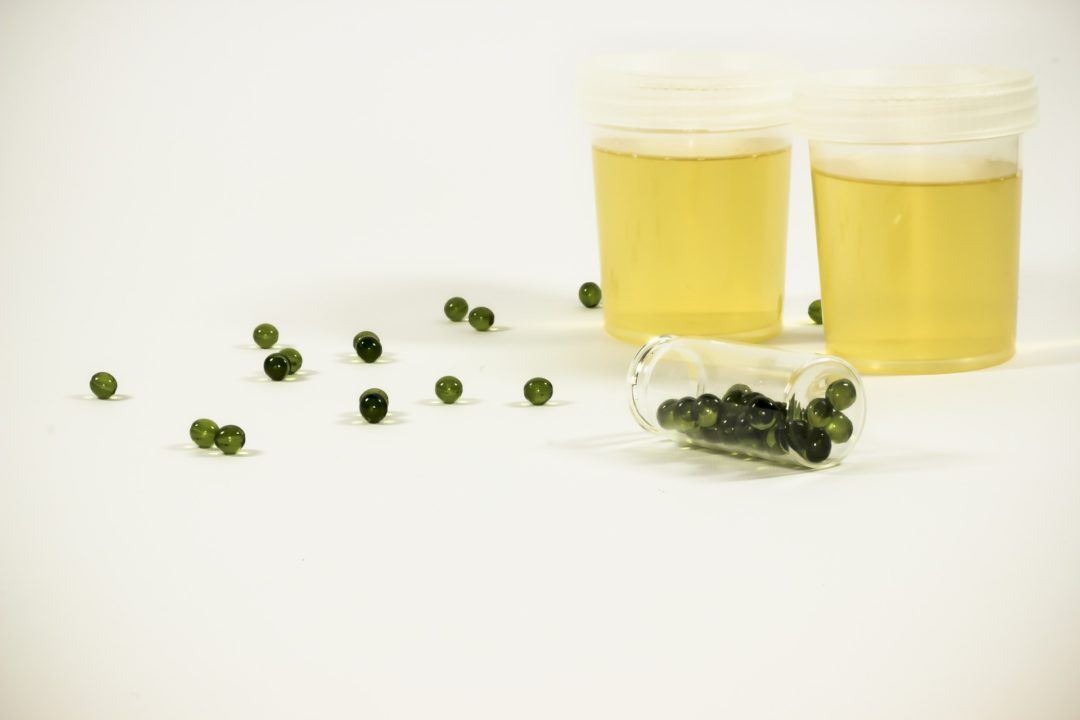Press Release courtesy of the IOC
The Foundation Board of the ITA, along with its Chair Dr Valérie Fourneyron, held its first meeting in Lausanne, Switzerland, on Thursday 18 January, which marks a further step on the organisation’s road to becoming fully operational in early 2018. IOC President Thomas Bach also addressed the Board and expressed his enthusiastic support for the ITA’s mission to provide anti-doping services to those International Federations (IFs) and Major Event Organisers (MEOs) that wish to delegate their anti-doping programs to a body that operates independently of sports organisations’ and national interests.
The ITA is another example of hoThe Foundation Board of the ITA, along with its Chair Dr Valérie Fourneyron, held its first meeting in Lausanne, Switzerland, on Thursday 18 January, which marks a further step on the organisation’s road to becoming fully operational in early 2018. w the Olympic Movement is focused on the future and on ensuring a level playing field for international athletes through organisational and technical innovations.
“The establishment of the ITA is a decisive step in the fight against doping, I am proud to be its Chair,” said ITA Chair Valérie Fourneyron.
“By quickly becoming operational, the ITA will allow an increasing number of IFs and MEOs to make use of its services, thus strengthening the trust that athletes and the sports movement have in the fight against doping, and in the protection of clean athletes,” she added.
The Doping-Free Sport Unit (DFSU) of the Global Association of International Sports Organisations (GAISF) will remain intact and become the operational nucleus of the ITA, ensuring the staff expertise required to provide anti-doping services under its new, independent governance structure.
At the Olympic Summit held in October 2015, the IOC proposed an independent anti-doping testing and sanctioning system. In March 2017, the establishment of the ITA was one of the IOC’s 12 principles for a more robust and independent global anti-doping system to protect clean athletes. The appointment of the first Foundation Board and the first members were then ratified by the WADA Executive Committee in October 2017:
- Independent Chair: Dr Valérie Fourneyron, France
- IOC representative: Prof. Uğur Erdener, Turkey
- International Federation representative: Mr Francesco Ricci Bitti, Italy
- IOC Athlete Commission representative: Ms Kirsty Coventry, Zimbabwe
- Independent Member: Prof. Dr Peijie Chen, China
All efforts are being made so that the ITA can be formally incorporated in the early stages of 2018. In the meantime, the IOC is also working with the GAISF DFSU to ensure that there is an independent overview of the anti-doping programme at the Winter Games in PyeongChang.
For further independence, and as was already the case at the Games in Rio de Janeiro in 2016, the IOC has also decided to make sanctioning independent at PyeongChang 2018. All decisions on alleged anti-doping rule violations during these Games will be handled by a new Anti-Doping Division of the Court of Arbitration for Sport (CAS), with the possibility of appeal to the CAS, thus ensuring the independence of both the testing and the sanctioning processes.
The ITA does not change an IFs or MEOs responsibility under the World Anti-Doping Code (Code) as they ultimately remain responsible for compliance with the Code, which will be monitored by the World Anti-Doping Agency.
The International Olympic Committee is a not-for-profit independent international organisation made up of volunteers, which is committed to building a better world through sport. It redistributes more than 90 per cent of its income to the wider sporting movement, which means that every day the equivalent of 3.4 million US dollars goes to help athletes and sports organisations at all levels around the world.
